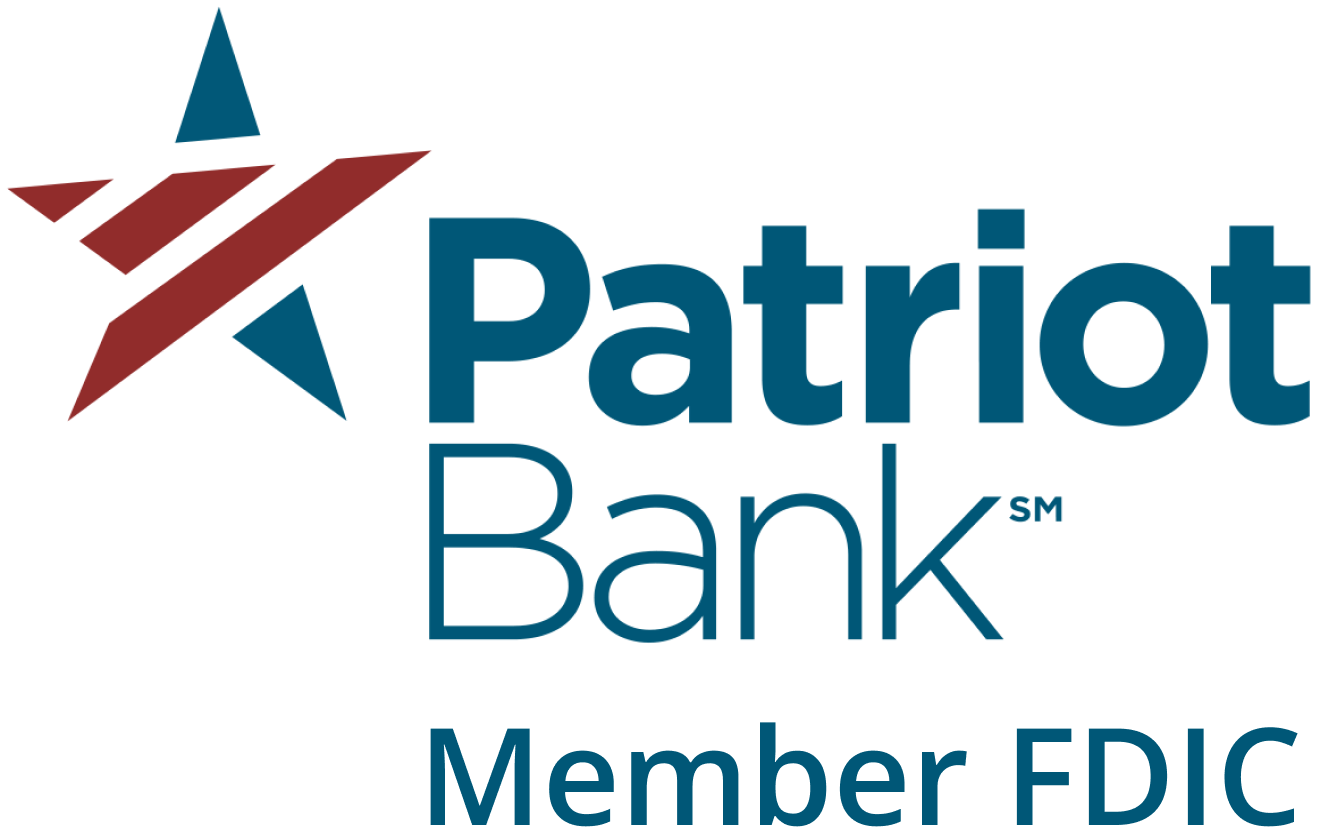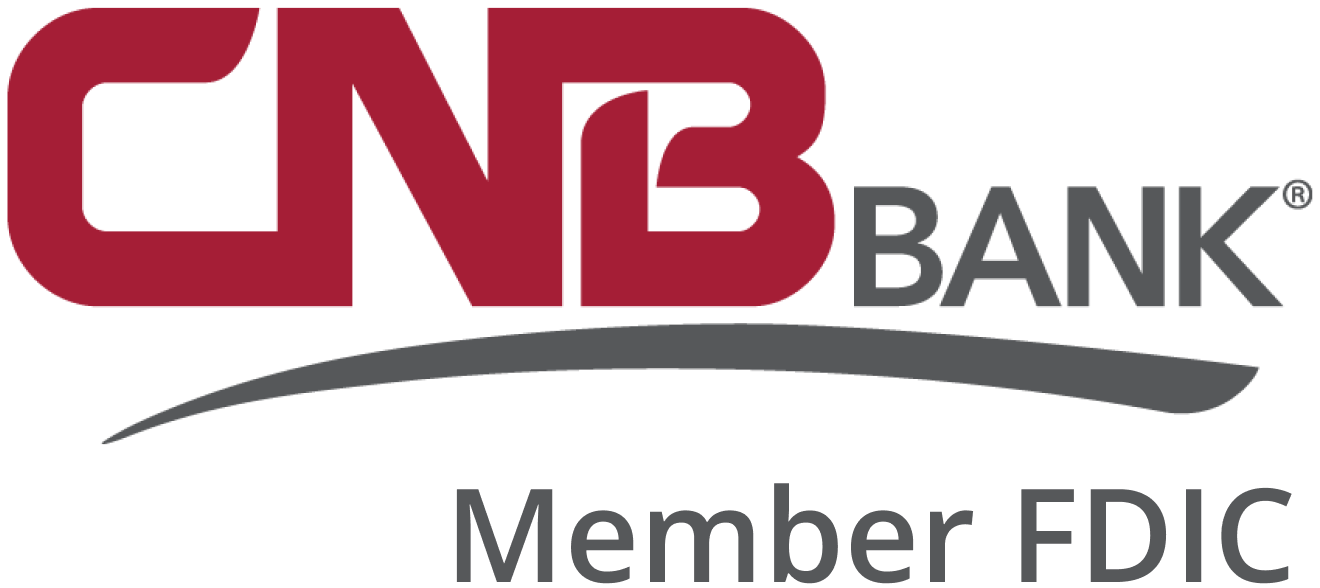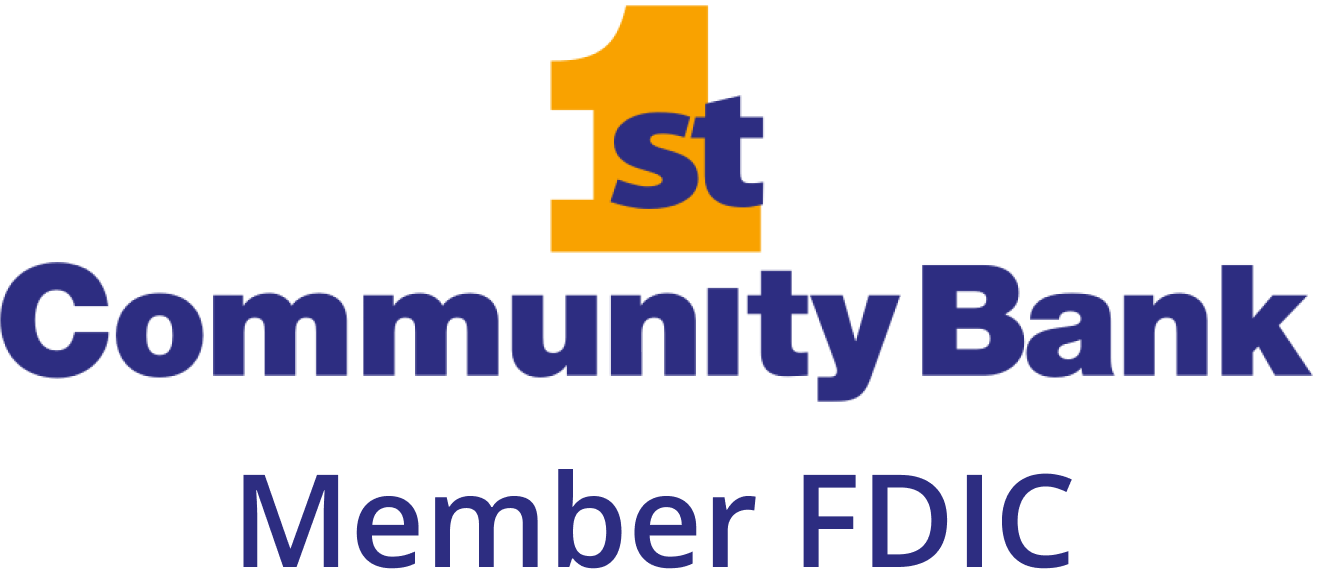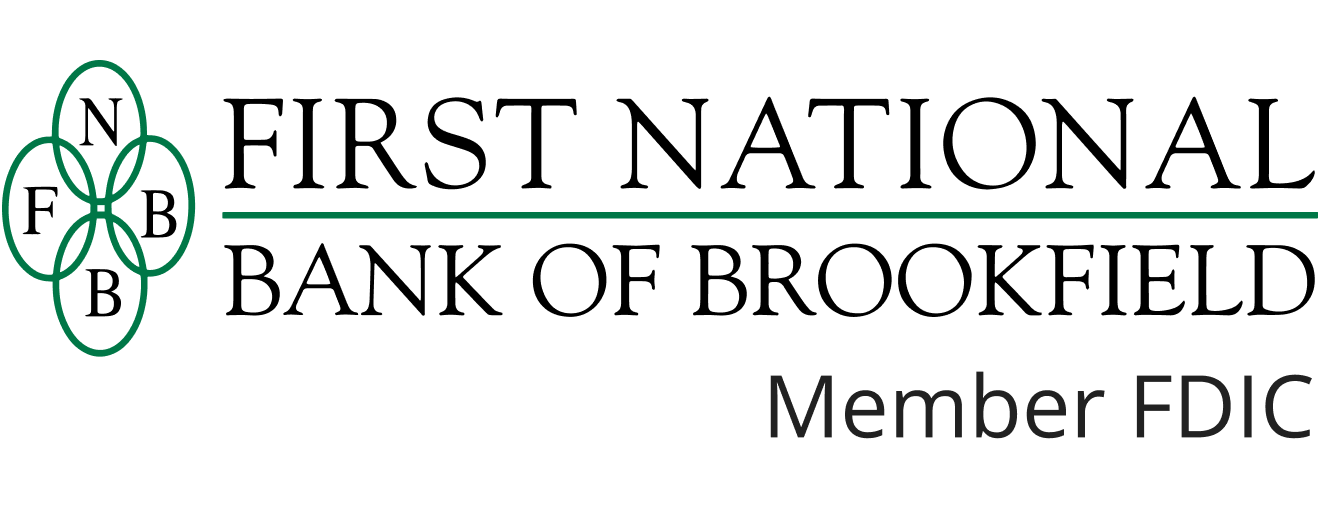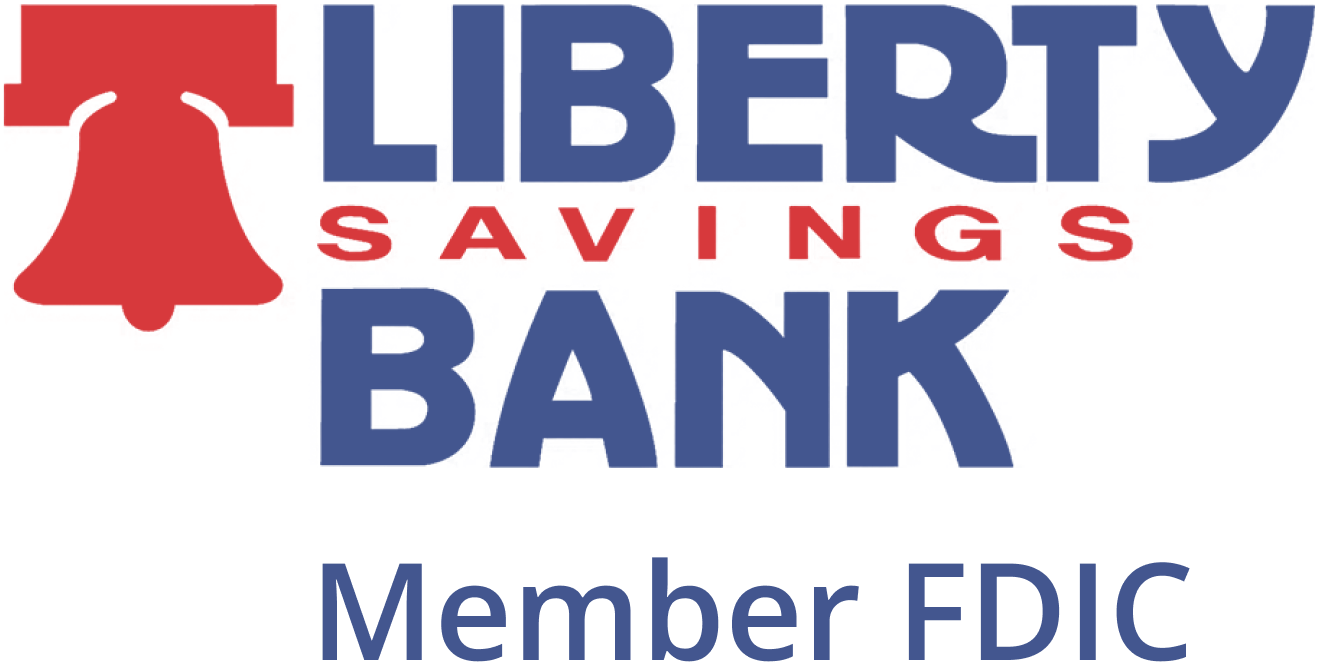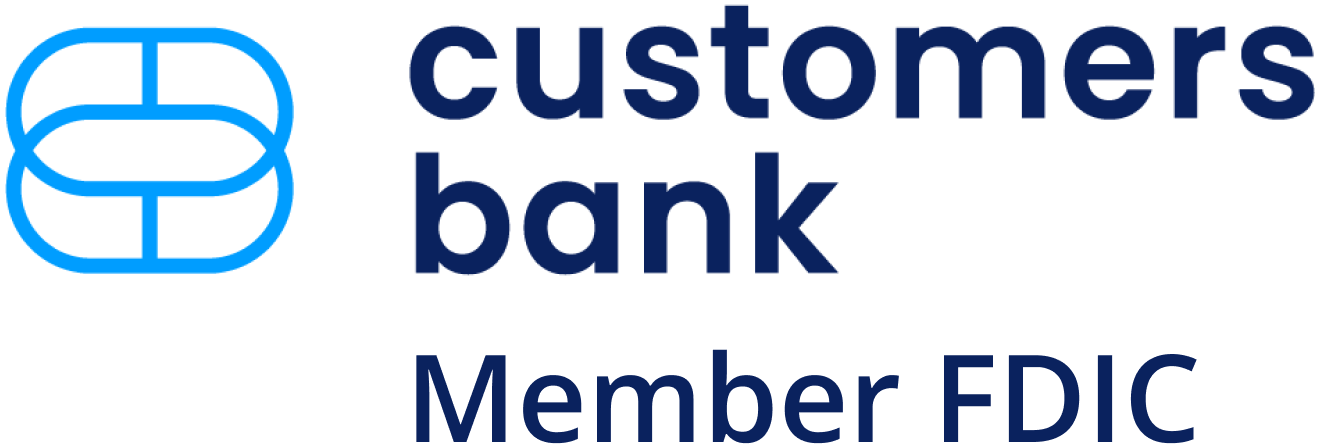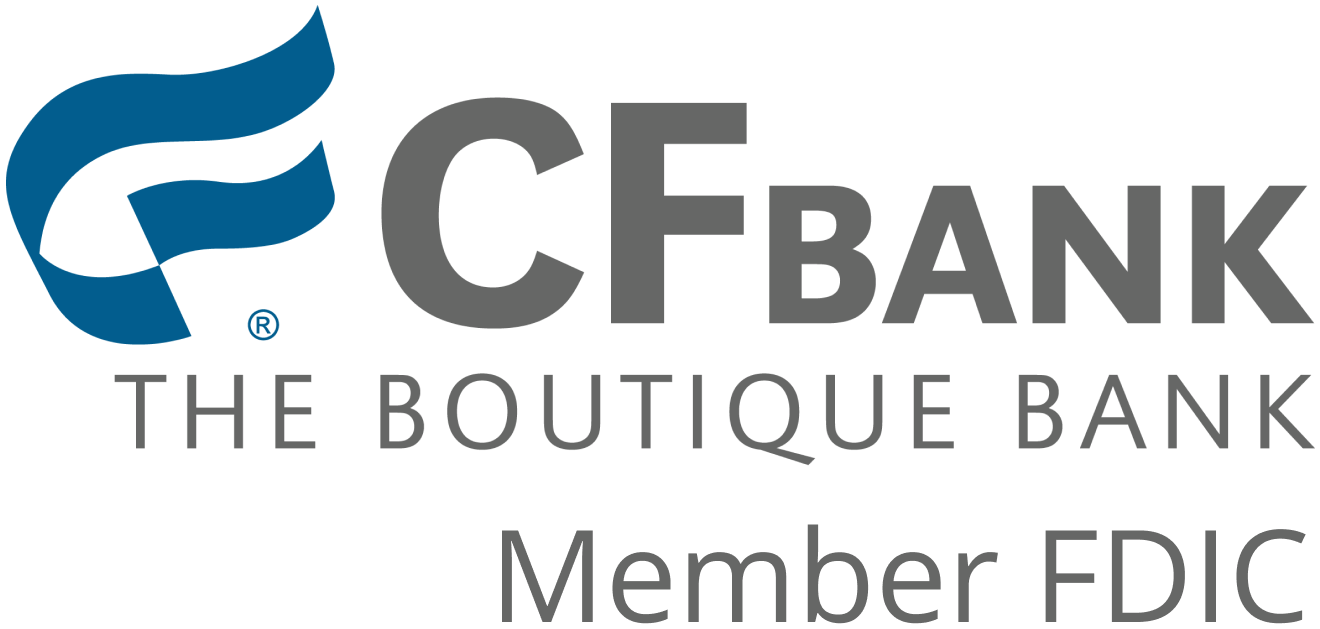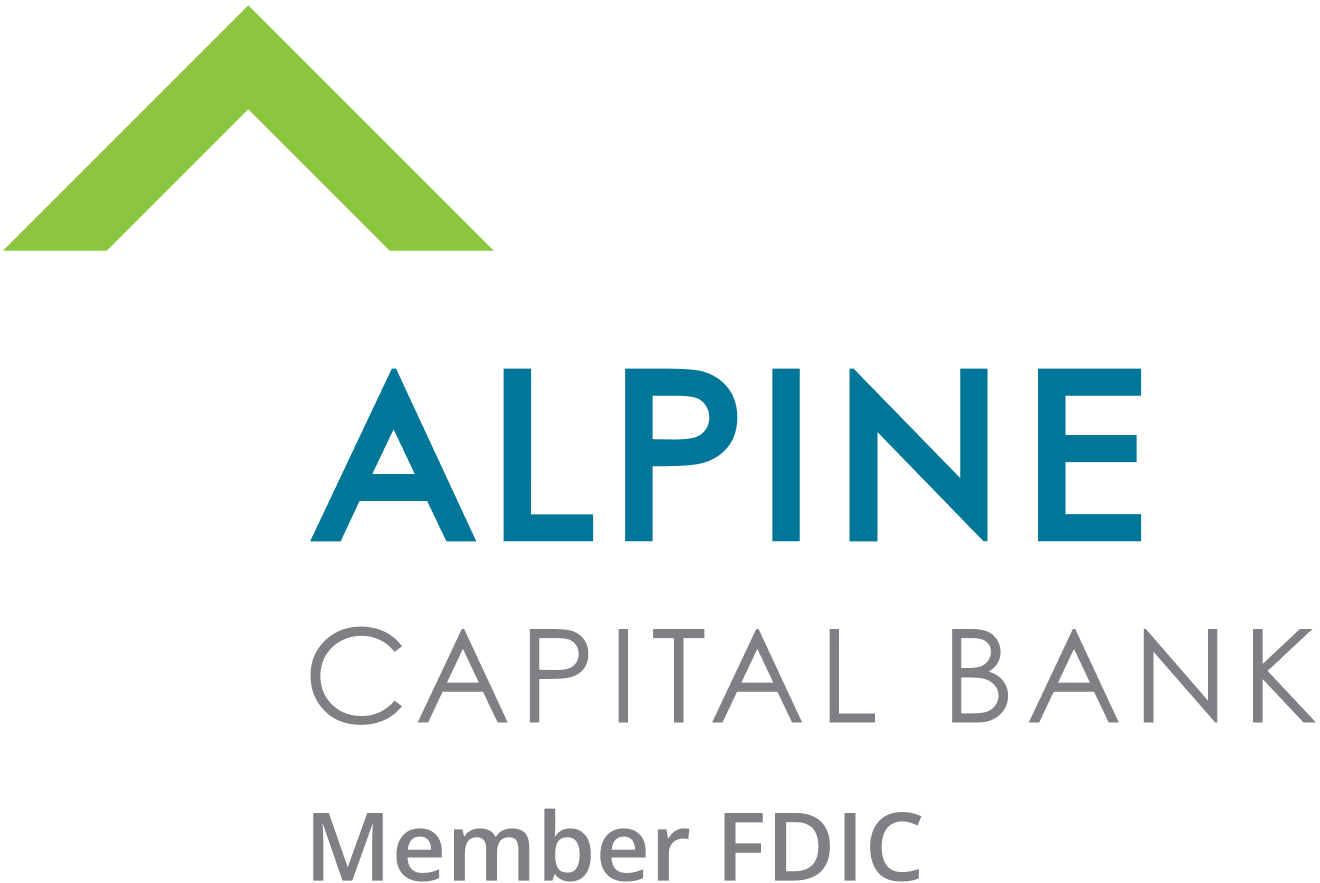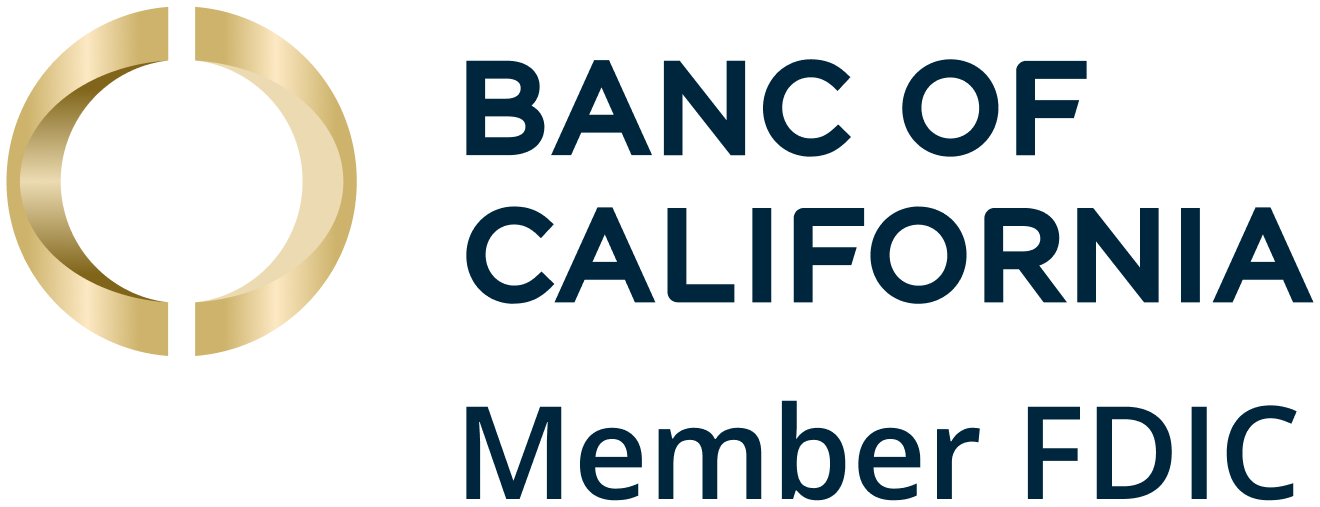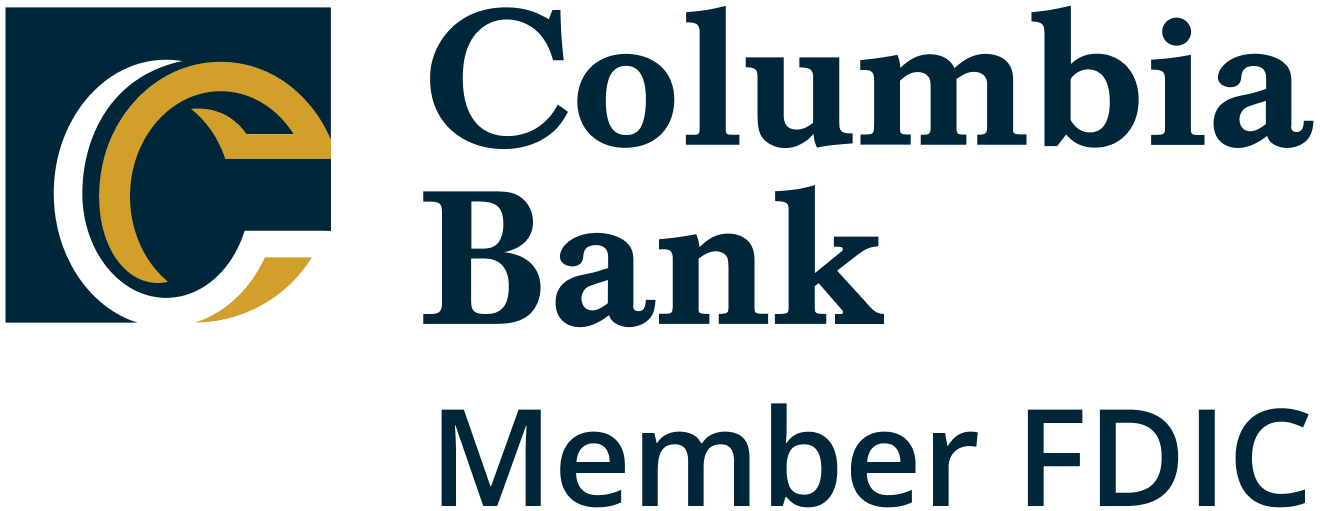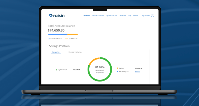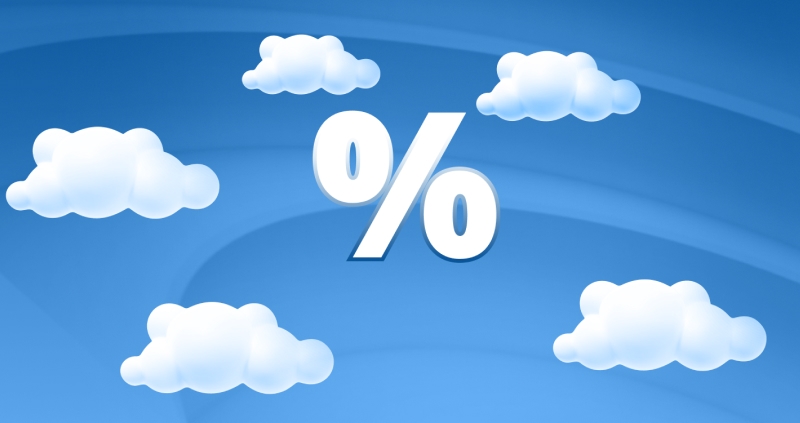Getting the most out of cash savings in a cooling interest rate environment
On September 18, 2024, the Federal Reserve instituted its first rate decrease in years, adjusting the federal funds rate by a half percentage point. While this may impact returns slightly, as banks and credit unions adjust the rates, it's important to keep in mind that this brings rates back to what we were seeing in 2023 — a peak that hadn’t previously been seen for 17 years.
Savers that have grown accustomed to decades-high rates on high-yield savings accounts will still be seeing fantastic returns, but as experts expect this cooling interest rate environment to continue, it’s important to start adjusting expectations.
For those still looking to continue to take advantage of these historically high rates, a Raisin login makes it easy.

How to grow cash savings after the Fed rate decrease
Some good news is that while the tide of high interest rates may be waning, they remain on the higher end of what we've seen this century. Even with a decrease, it’s still possible to ride the top of the wave. Raisin’s savings platform makes it easy to compare and fund savings products from an exclusive network of 70+ financial institutions — all from a single login.
The first step is to assess your current savings rate. Did you know that some large banks continued to pay rates as low as 0.01% APY on savings accounts throughout this historic interest rate environment? Being aware of your current interest rate and comparing it to the market at large gives you the knowledge to make sure your money is working the hardest it can for you.
The next step is to start putting your cash to work. This is where implementing a cash savings strategy is key. Decide how much you need for shorter-term savings (think cash ready for use on mortgage payments or credit card bills) compared to longer-term (think a vacation fund or emergency fund). Then split these funds based on liquidity: next month’s mortgage payment could grow steadily in a high-yield savings account while a vacation fund could be locked up in a high-yield CD that’s set to mature right when you’ll need it.
Locking in the best interest rates
If you’re concerned about rates continuing to decrease and have longer-term cash savings, certificates of deposit may be your best option. Once you deposit funds into a certificate of deposit, your rate is fixed for the CD’s entire term. This gives you the opportunity to lock in a rate before it has a chance to drop any further.
Keep in mind that CDs come with the expectation that you’ll keep funds deposited for a set period of time, also known as the product’s term. If you need to access any portion of these funds prior to the end of that term, you’ll incur a penalty fee. However, if you’re confident you won’t need your funds prior to that date, a high-yield certificate of deposit at today’s top rates could be a great way to stem any perceived losses from lower interest rates.
For funds you may need sooner, a no-penalty certificate of deposit offers a next-best option. You may not find rates as high as on a fixed-term CD, but you’ll still lock it in for the entire term of the no-penalty CD. Need the funds sooner than your maturity date? You’ll have the ability to withdraw all funds without paying any fees.
High-yield savings accounts in a lower interest rate environment
Savings products with variable rates, like high-yield savings accounts or money market deposit accounts, can still serve a valuable purpose in a lower interest rate environment.
Again, making sure your account is paying a market-leading rate is a key way to make sure you’re still making financial gains — you’ll always do better in an account paying some interest than in one paying no interest.
Be sure to check in with your financial goals and make sure your cash savings are balanced properly. If funds in your savings account are more than you anticipate needing in the next three months or more, consider moving them over to a fixed-term or no-penalty CD offering a higher interest rate.
The good news about lower interest rates
Prior to last year's highs, we haven't seen interest rates at their current level since 2007. So, while interest rates have gone down slightly, they're still comparatively high and the overall impact to your cash savings should be minor.
At the same time, decreasing interest rates means that the cost of borrowing money for big-ticket purchases — like your dream home — is also on the decline.
Now might be the right time to reassess your savings goals and refocus them. If you’ve been saving up for a down payment, this could be great news for you. You’ve been able to grow your savings at competitive rates over the past few years and now you can reap the benefits.
If you're looking to still build up your cash reserves, then it's still a great time to earn returns at some of the highest rates in over a decade.
In summary
th every rise in interest rates eventually comes a fall. What is important now is to figure out how to adjust your savings.
For some goals, like a big-ticket purchase, lower rates mean it’s possible to now more affordably borrow funds. If this is the case for you and you’ve been playing the waiting game: congratulations! It’s always an accomplishment to reach a milestone.
However, for goals still in-progress or for general savings, you can still foster growth of your cash while keeping it protected by deposit insurance with high-yield savings products. If you have longer-term savings, locking in a CD now could be a great way to secure your returns before rates have a chance to drop any further. For shorter-term savings, making sure you’re storing those funds in the highest-yielding savings account or money market deposit account possible will help make sure that cash is still growing at multiple times the national average interest rate.
Using a savings platform like Raisin is one of the easiest ways to mix and match savings products from multiple banks and credit unions offering some of the best rates in the nation. With a single secure sign-up, you can find, fund, and manage the products that are right for your goals — adding as many as you’d like from as many of our partner institutions as you’d like. It’s a great, no-fee way to grow your savings even as the interest rate environment changes.
Ready to get started? View our top offers below, sign up in minutes, and begin your savings journey.
Bank
Product
APY
New Raisin Users: 60-Day Rate Lock

mph.bank, a division of Liberty Savings Bank, F.S.B., Member FDIC
FDIC
High-Yield Savings Account
3.86%
$1,930.00

mph.bank, a division of Liberty Savings Bank, F.S.B., Member FDIC
FDIC
Money Market Deposit Account
3.76%
$1,880.00
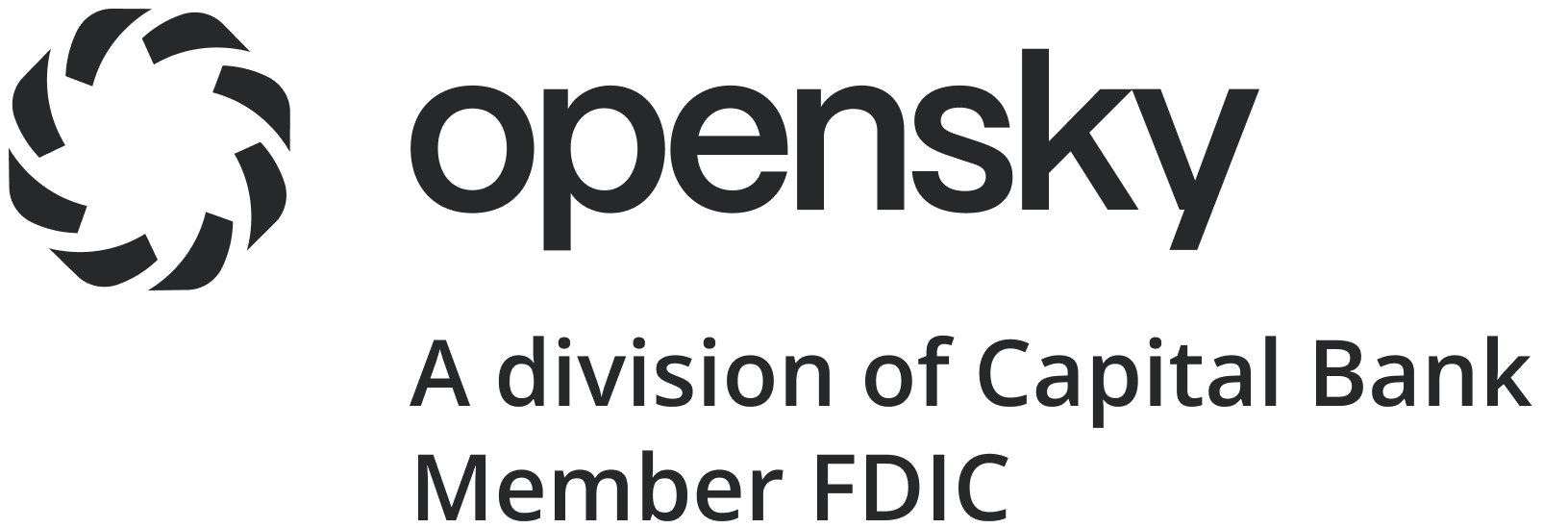
opensky, a division of Capital Bank, N.A., Member FDIC
FDIC
High-Yield Savings Account
3.67%
$1,835.00

Adda Bank, a division of Southwest Heritage Bank, Member FDIC
FDIC
High-Yield Savings Account
3.50%
$1,750.00

Paprika Capital Bank, a division of Tradition Capital Bank, Member FDIC
FDIC
High-Yield Savings Account
3.45%
$1,725.00

HealthcareBank, a division of Bell Bank, Member FDIC
FDIC
Money Market Deposit Account
3.40%
$1,700.00
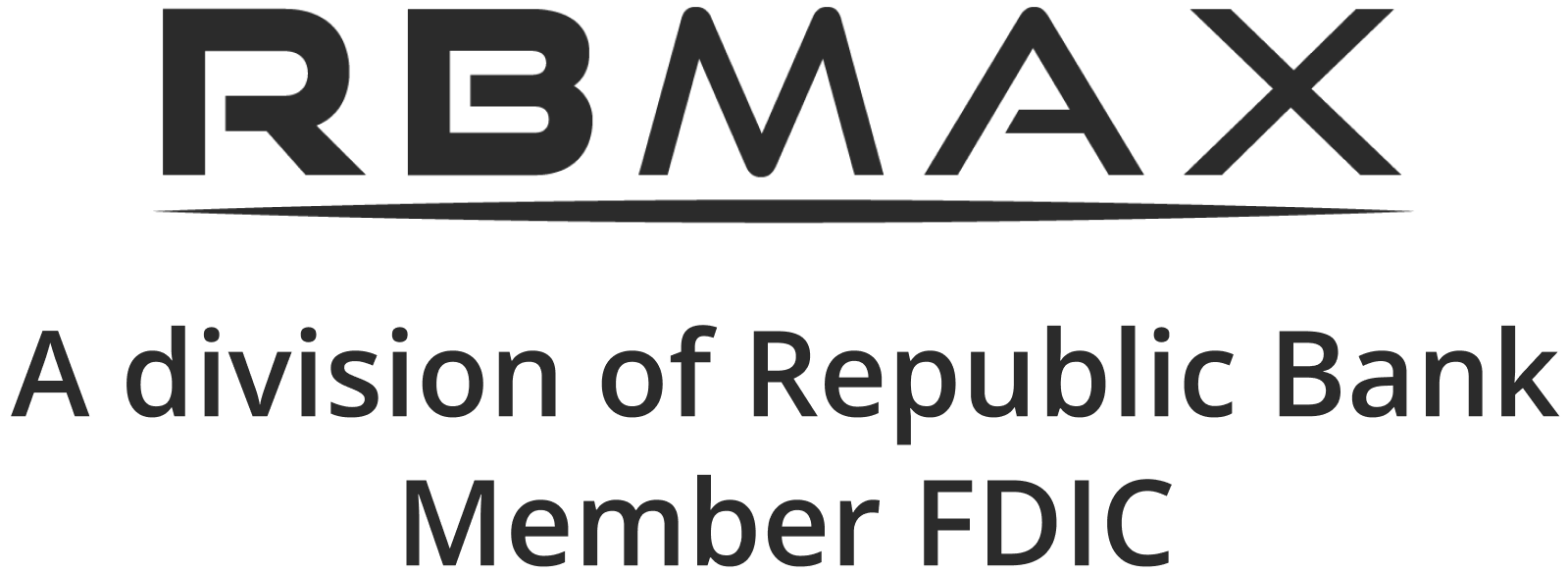
RBMAX, a division of Republic Bank, Member FDIC
FDIC
High-Yield Savings Account
3.15%
$1,575.00
Raisin is not an FDIC-insured bank or NCUA-insured credit union and does not hold any customer funds. FDIC deposit insurance covers the failure of an insured bank and NCUA deposit insurance coverage covers the failure of an insured credit union.
The above article is intended to provide generalized financial information designed to educate a broad segment of the public; it does not give personalized tax, investment, legal, or other business and professional advice. Before taking any action, you should always seek the assistance of a professional who knows your particular situation for advice on taxes, your investments, the law, or any other business and professional matters that affect you and/or your business.
